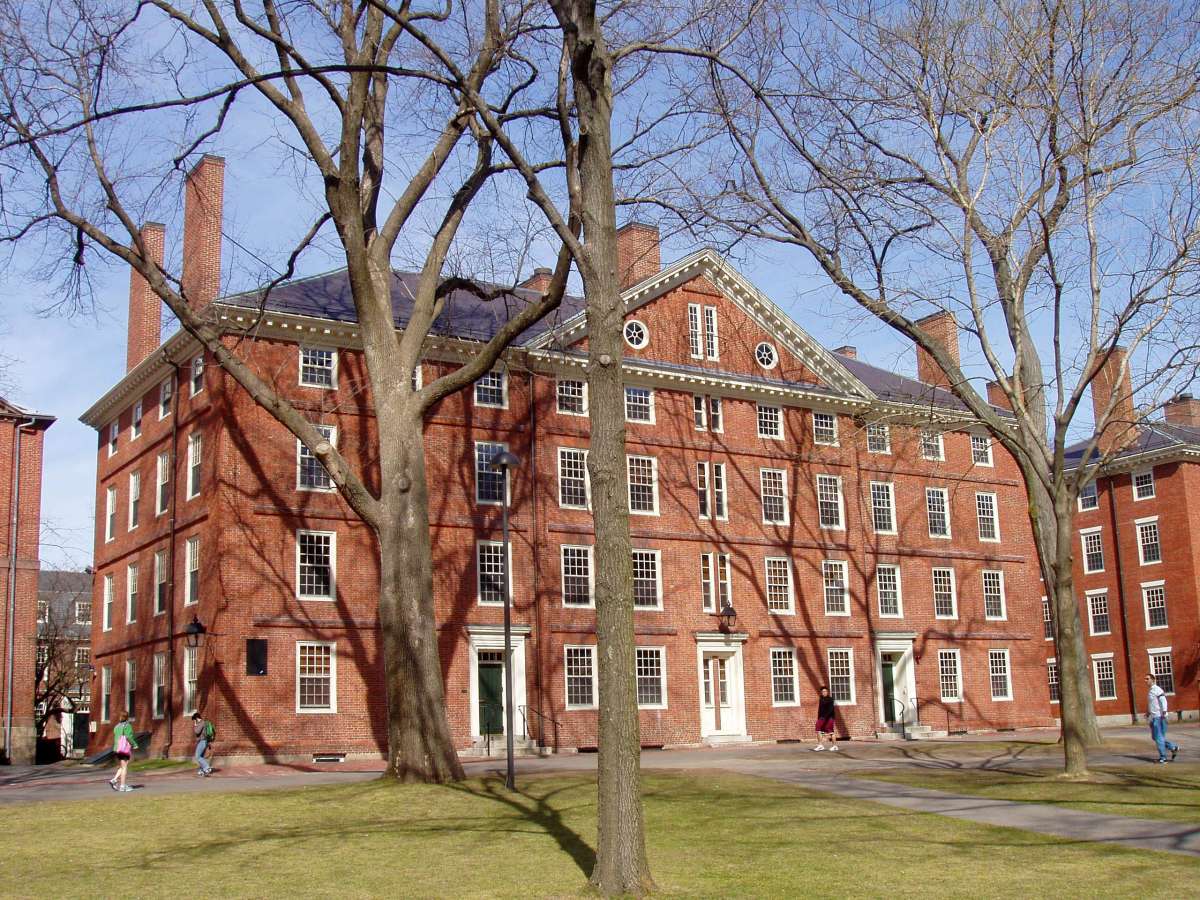Critics consider the practice discriminatory, as it favours applicants more likely to be white and wealthier…reports Asian Lite News
The United States Department of Education has opened an investigation into Harvard University’s use of legacy admissions, the practice of weighing relationships with donors and alumni when considering whether to admit an applicant.
Critics consider the practice discriminatory, as it favours applicants more likely to be white and wealthier.
The announcement was made in a press conference on Tuesday, held by the Lawyers for Civil Rights, one of the organisations that filed a complaint over the practice earlier this month.
“Simply put, Harvard is on the wrong side of history,” Oren Sellstrom, the group’s litigation director, said at Tuesday’s event.
In a letter to Lawyers for Civil Rights, dated July 24, the Department of Education explained that the investigation “in no way implies” that it has “made a determination on the merits of the complaint”.
Its Office for Civil Rights (OCR) will be handling the probe, which centres on the question of whether legacy admission “discriminates on the basis of race”.
That office is responsible for ensuring adherence to Title VI of the Civil Rights Act of 1964, which prohibits discrimination “on the basis of race, color or national origin”.
“During the investigation, OCR is a neutral factfinder, collecting and analyzing relevant evidence from the Complainant, the University, and other sources, as appropriate,” the letter explained.
Demonstrators protest outside of the Supreme Court in Washington, Thursday, June 29, 2023, after the Supreme Court struck down affirmative action in college admissions, saying race cannot be a factor. Days after the Supreme Court outlawed affirmative action in college admissions, activists say they will sue Harvard over its use of legacy preferences for children of alumni.
The practice of legacy admissions is widespread in US colleges and universities. But in the wake of a Supreme Court decision in June to prohibit race as a factor in college admissions, some advocates have questioned whether legacy admissions are any less discriminatory.
The complaint against Harvard’s legacy admissions system, filed on July 3, alleges that nearly 70 percent of those who benefit are white.
It also argues that ties to donors or alumni give applicants a significant boost, making them six to seven times more likely to be accepted than students without those connections.
“This percentage that’s being automatically accepted into Harvard is not fair and it is leaving our young people of colour out of the equation,” said Zaida Ismatul Oliva, head of the Chica Project, one of the three groups that collaborated with Lawyers for Civil Rights on the complaint.
Several universities and colleges in recent years have turned away from legacy admissions, given the controversy surrounding it.
Just this month, Wesleyan University — a private liberal arts college in Connecticut — ended the practice, as did the University of Minnesota’s Twin Cities campus, part of the state’s public university system.
Other top schools, like John Hopkins University, ended legacy advantages long before the Supreme Court decision.
Ronald Daniels, the president of Johns Hopkins, explained his decision in a 2020 article for The Atlantic magazine, saying that, as a Canadian, the tradition of favouring the children of alumni and donors was foreign to him.
“When I became president of Johns Hopkins University 10 years ago, I found that one in eight newly admitted students benefited from preferences given to relatives of alumni,” he wrote.
“I never became reconciled to the prevalence of this form of hereditary privilege in American higher education, particularly given this country’s deeply ingrained commitment to the ideals of merit and equal opportunity.”
But some institutions are loathe to give up legacy admissions as a factor, particularly when it incentivises donations and school loyalty.
Nevertheless, Harvard — one of the most prestigious universities in the private Ivy League system — said in a statement that it would review its admissions practices with the aim of promoting diversity.
Spokesperson Nicole Rura said the school would be “redoubling” its efforts “to encourage students from many different backgrounds to apply for admission”.
Harvard did not address the Education Department probe directly, saying only that it was “in the process of reviewing aspects of our admissions policies” following the Supreme Court’s decision on the use of race in admissions, known as affirmative action.
In that case, the court sided with an activist group, Students for Fair Admissions, that sued the oldest private and public institutions of higher education in the country — Harvard and the University of North Carolina (UNC) — over their admissions policies.
The group claimed that race-conscious admissions policies in effect discriminated against Asian Americans competing to enter the two schools.
Harvard and UNC, like a number of other competitive US schools, considered an applicant’s race or ethnicity as a factor to ensure a diverse student body and representation of minorities.
Such affirmative action policies arose from the civil rights movement in the 1960s, aiming to help address the legacy of discrimination against African Americans.

